Our monitors are our frontline heroes, vigilantly keeping watch at strategic points of transit to detect and intercept potential victims in real time. Every day they work hard to help those in danger of being trafficked—but for them, it’s also a normal day at their job. The following is a snapshot of a day in the life of a real Love Justice monitor.
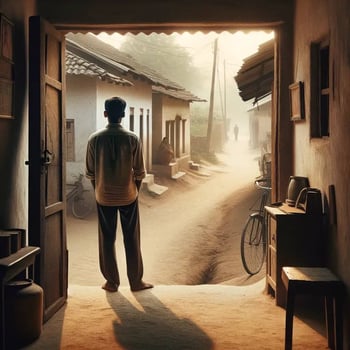 The day prior
The day prior
Afsana* tells her father that she is going to the bank. By evening, she still hasn’t returned. Her father begins to worry. She’s probably just at a friend’s house, he tells himself.
Morning
Simon* wakes up at 6:00 a.m. and goes for a walk in the cool morning air, enjoying the relative quiet just after sunrise. After his walk, he returns home for breakfast and takes a taxi to work. He works at a bus station near a border crossing in South Asia, scanning the crowds of travelers for signs of human trafficking.
Afternoon
Afsana and a young man named Prakash* walk into a shop to purchase a necklace commonly worn by brides.
“We’ll take this one, for my lovely wife here!” the man says.
But the girl looks quite young, and the shopkeeper thinks that something seems off about the couple. She is a high-value contact for the Love Justice staff that work nearby, so she phones one of them to inform them of her suspicions.
.jpg?width=400&height=267&name=Asia%20girl%20being%20trafficked%20(actors).jpg)
Simon and his coworker, Mira*, walk to the shop to confront a potential trafficking situation. As they approach, they see the couple outside the shop.
Simon recounts later on, “I felt that this girl had been wrongfully brought here.”
They introduce themselves, show their badges, and begin an informal interview to learn what is going on.
“This is my wife,” the man again claims. “We have been married three years already.”
Simon and Mira glance at each other. The girl does not look old enough to have been married so long. They ask the couple to follow them to the Love Justice booth for further questioning. Prakash mentions that another young man is traveling with them—Saroj*, who arrives shortly after. All three follow the monitors to the booth.
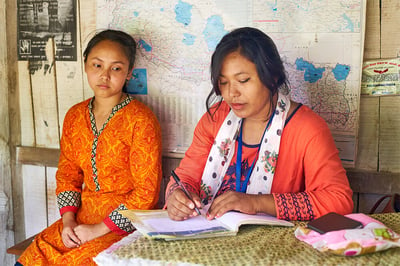
At the booth, they separate the three for individual questioning, and contradictions begin to emerge. Afsana says they have been married for three weeks, not three years. Saroj claims to be Afsana’s brother, but neither he nor Afsana can produce identification to prove it. Only Prakash reveals his ID, showing him to be 20 years of age. They ask Afsana for her family’s contact information to confirm her story, but she says her parents do not have a phone.
Simon and Mira consider these discrepancies, knowing, too, that by all appearances, Prakash and Saroj intend to take the girl across the border into an area known for trafficking.
“It’s time to involve the police,” Simon tells Mira.
At the police station, officers find Afsana’s identification documents in the boys’ bags. She is only 13 years old.
The police persuade her to provide her parents’ contact information, and she reluctantly gives them her father’s phone number. Simon calls her father to find he has been frantically searching for his daughter.
“Thank you for finding her! Please keep her safe while I come to pick her up,” the father says.
Afsana’s father picks her up at the station and files a report against the two young men. Prakash is later sentenced to seven years imprisonment for kidnapping, and Saroj is sent to a juvenile home.
Evening
Simon takes a taxi home after work. A father himself, he helps his 7-year-old daughter with her homework before eating dinner and going to bed.
He is grateful for his job and for the donors that allow him to earn a living this way, remarking on how Love Justice donors helped provide food and supplies for his family during COVID-19. “We want to give back through our work,” he says.
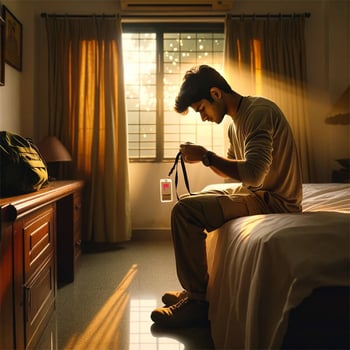
The next day, it’s time to start again.
Our monitors are crucial to the work we do intercepting potential victims like Afsana from slavery, but our donors are just as crucial. Will you donate today to support our monitors so that they in turn can continue to do this important work?
Thank you!
*All data and statistics current at the date and time of publishing. Specific names and locations excluded for privacy and security purposes. Some images made using AI, other images are representative and do not picture actual victims.
-1.png?width=500&height=500&name=LJI_MAINLOGO_WhiteBackground%20(1)-1.png)

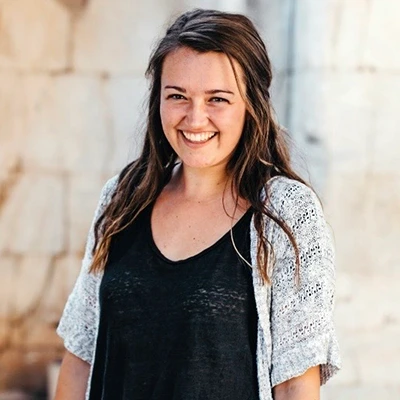

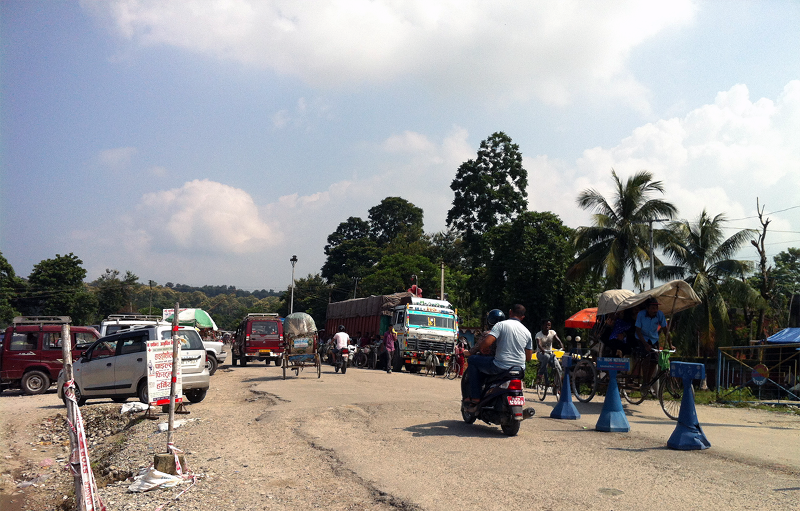
/bimala_feature_blog.webp)
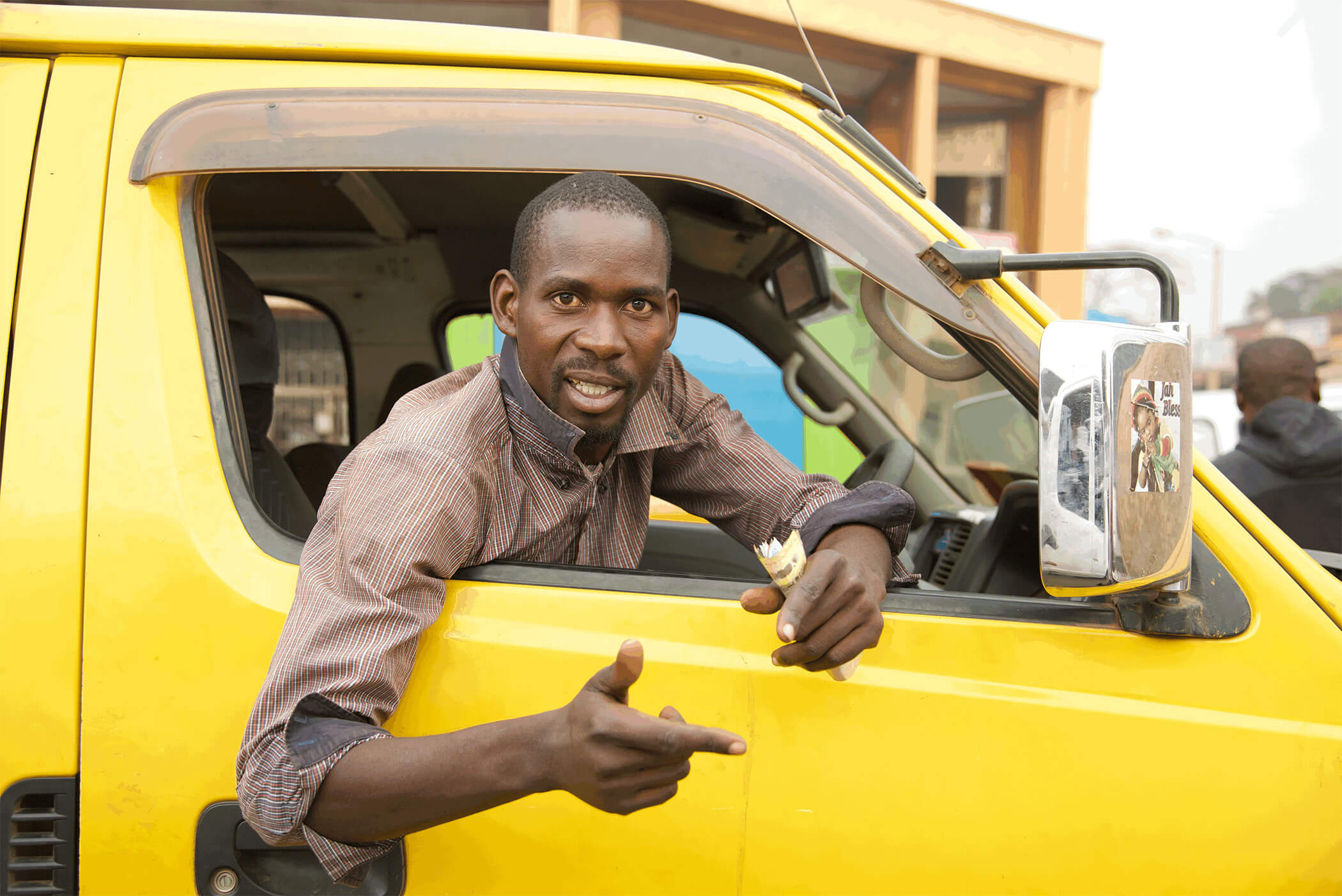
/boy_girl_asia_streets.webp)
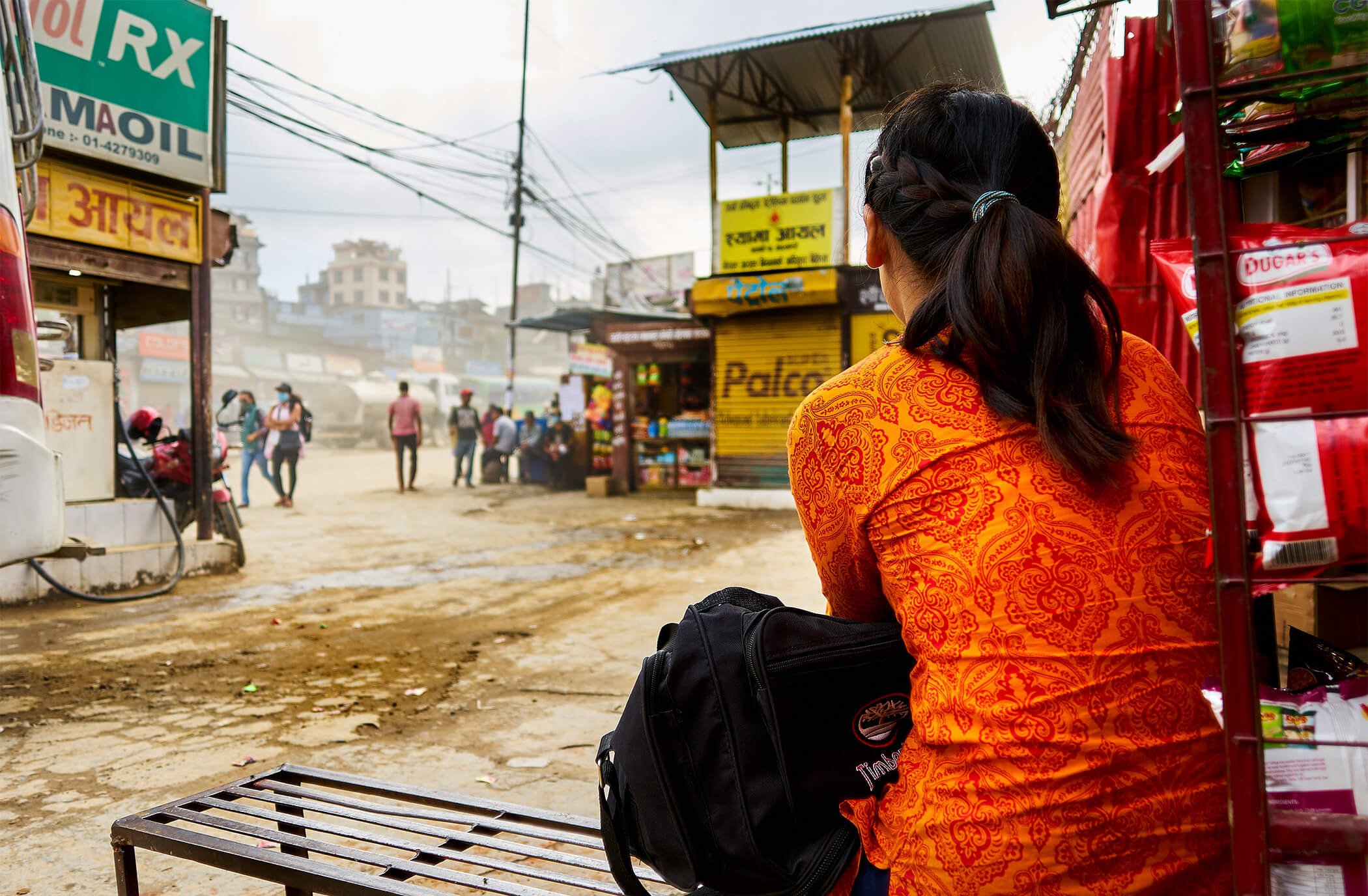
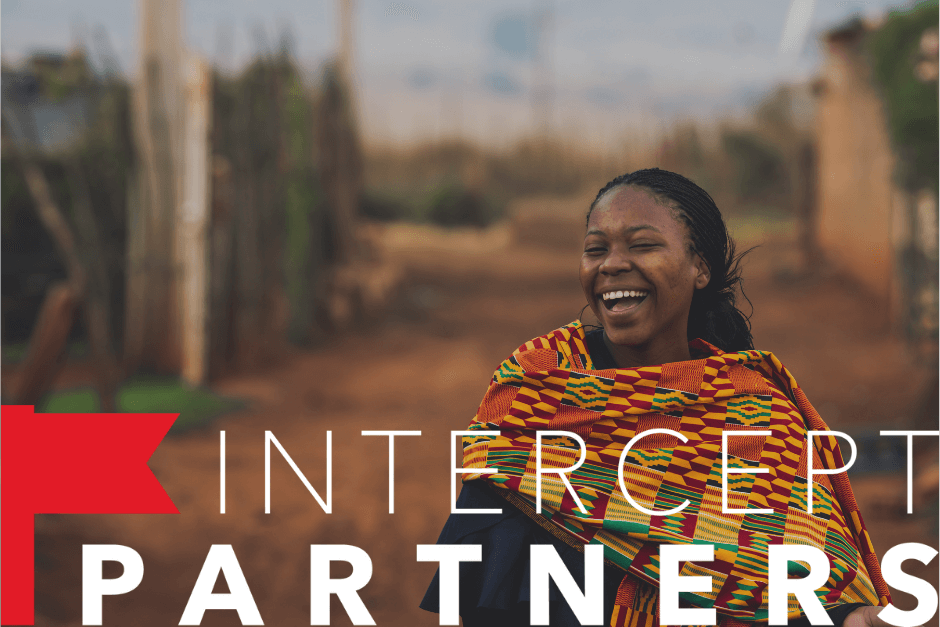

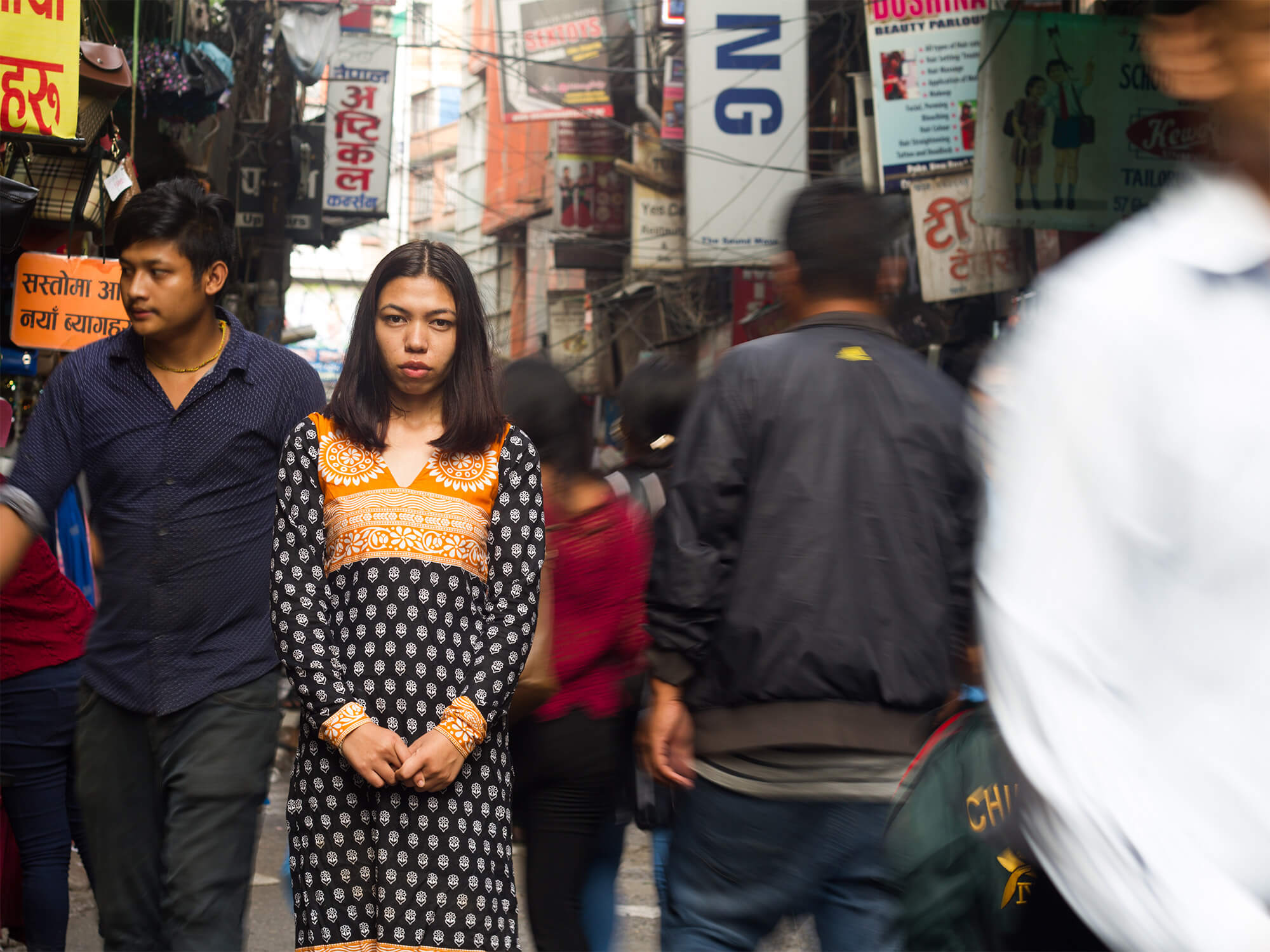

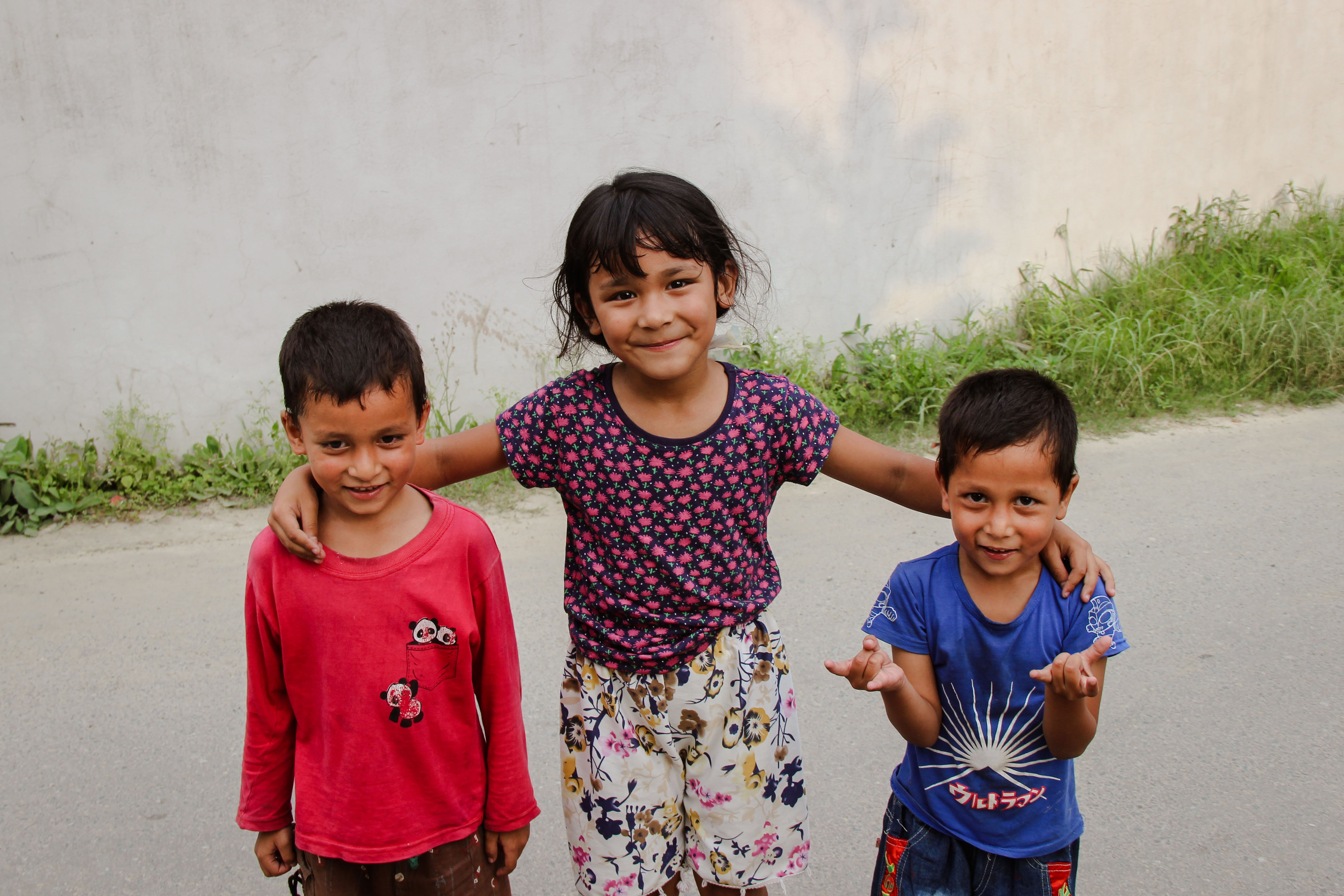
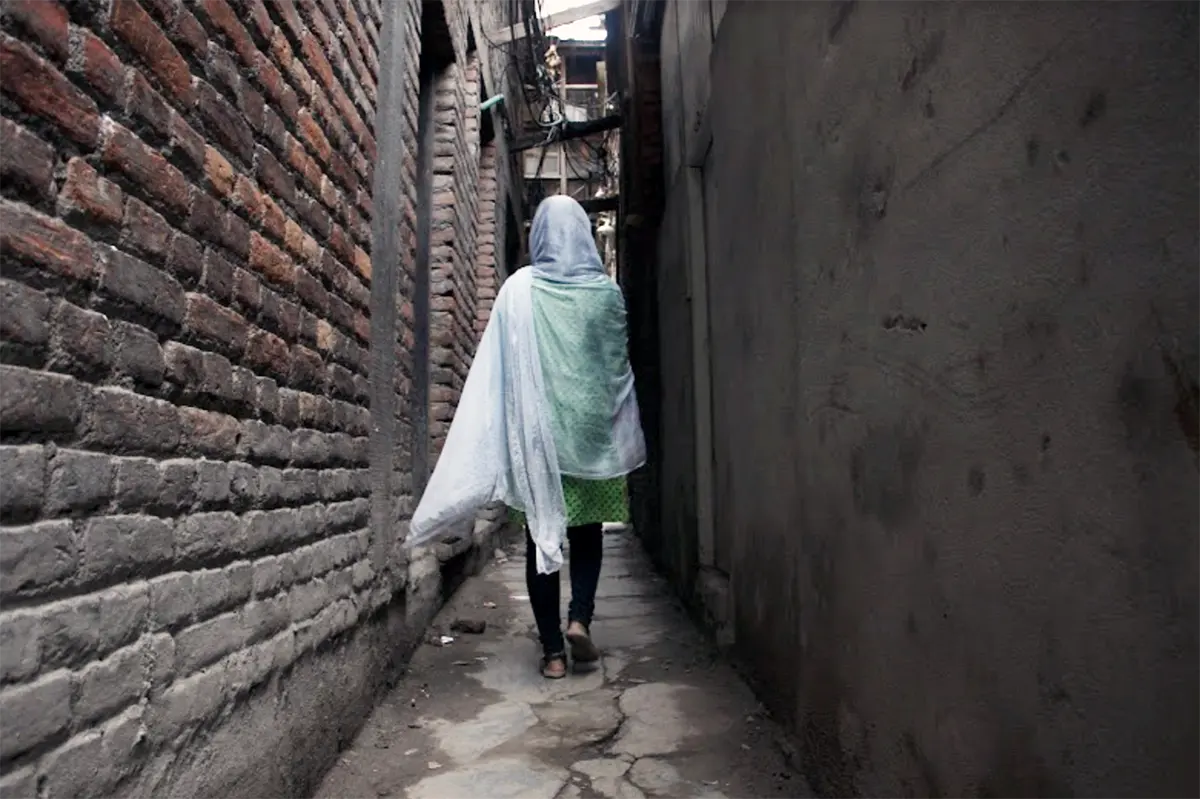
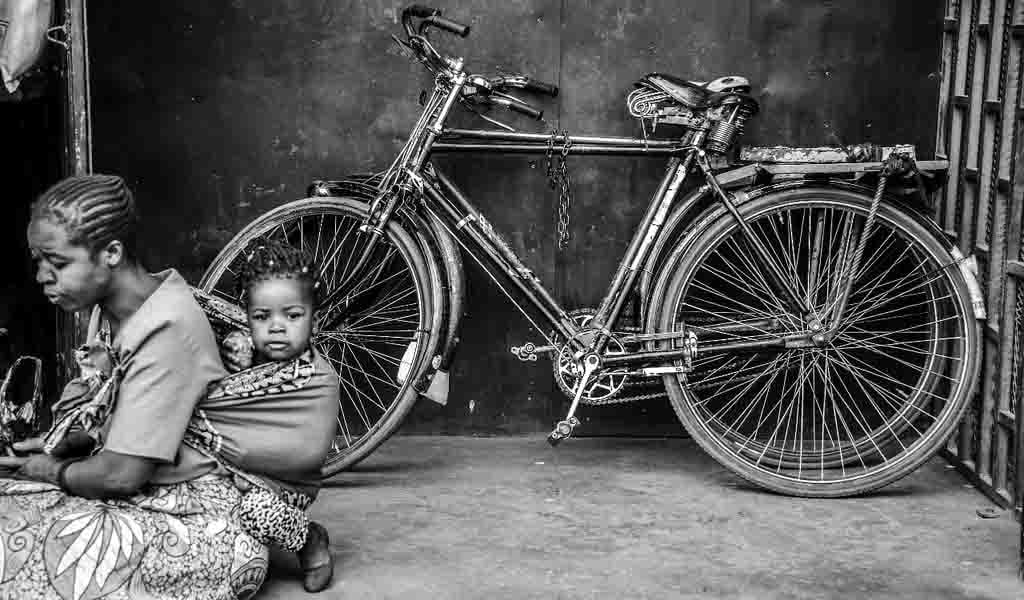
/lake_volta_end_child_slavery_trafficking_love_justice_1.webp)
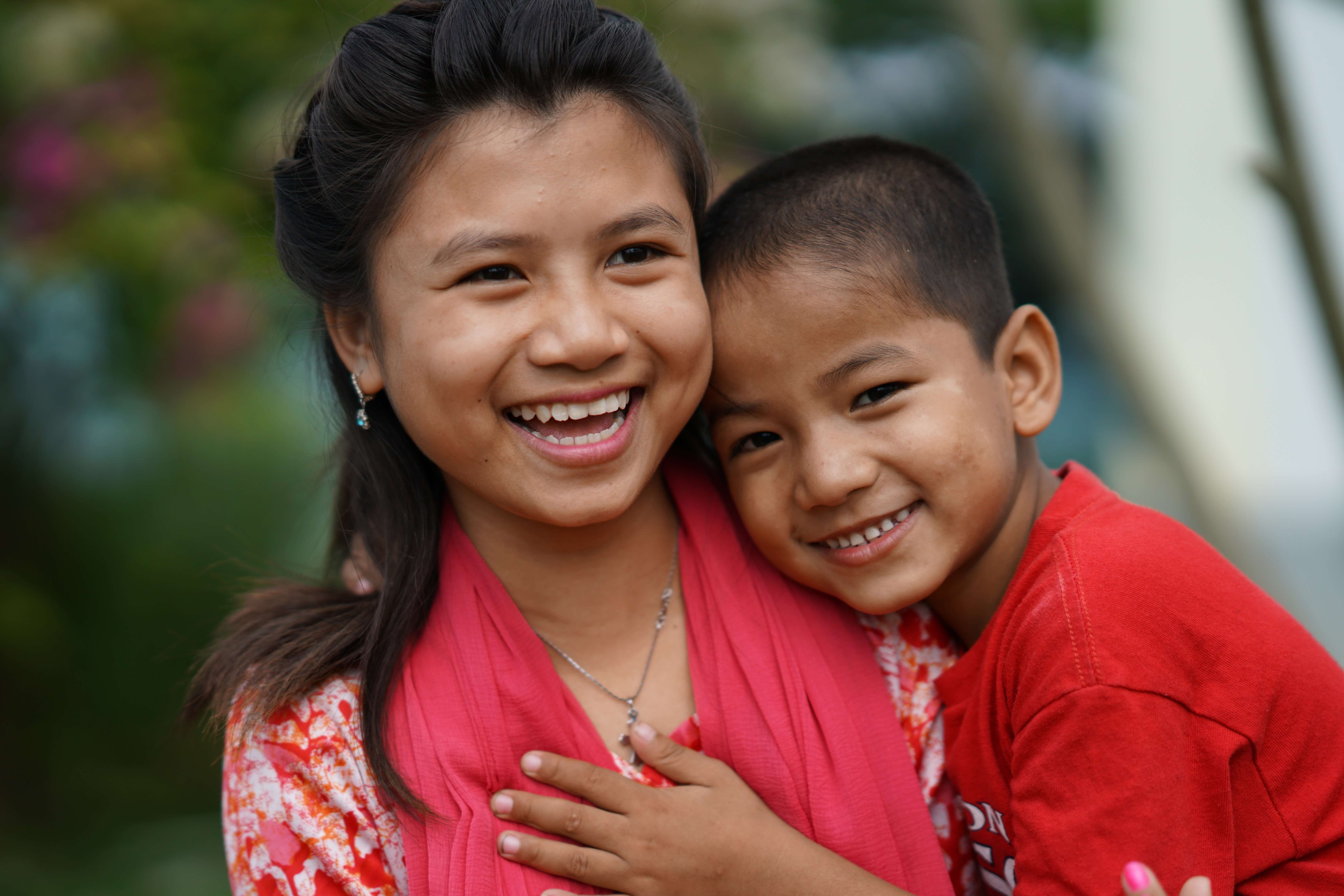
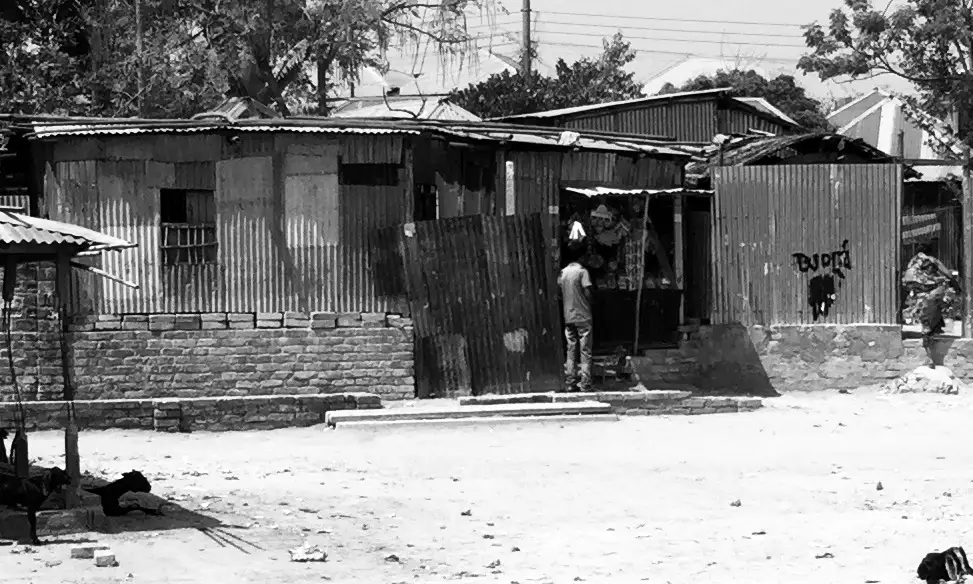

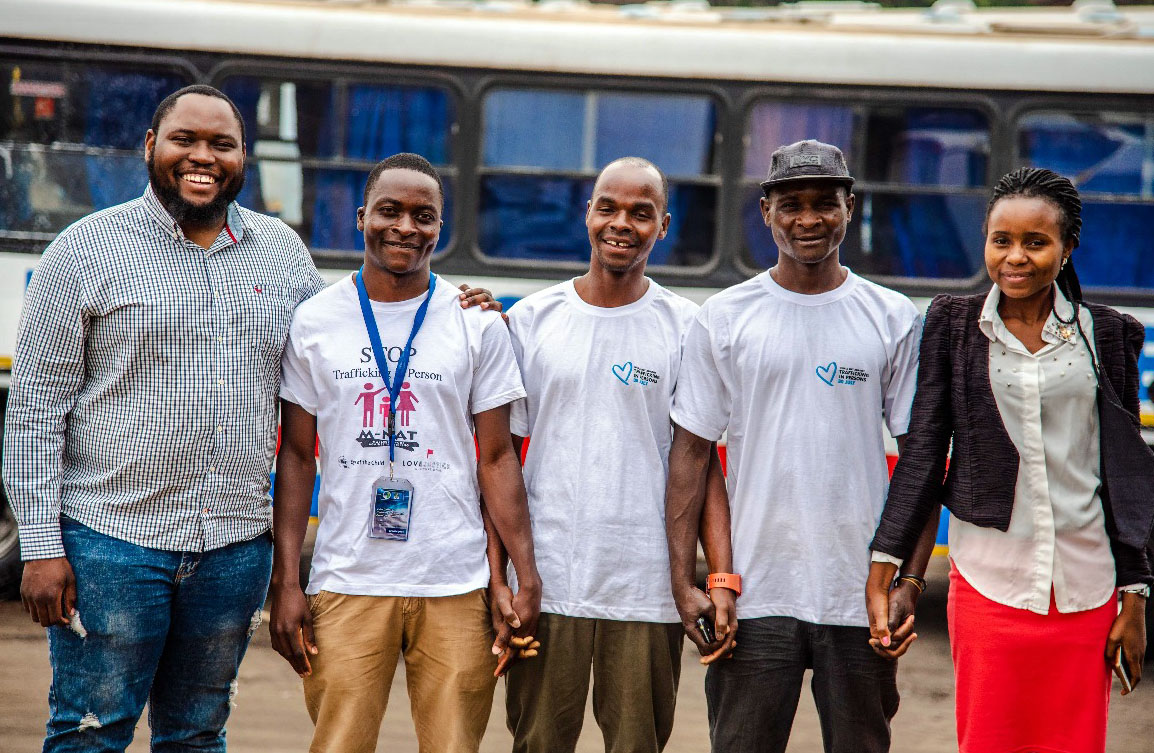
/48039119848_54d4c1e6a3_z.webp)
/Nepali_girl_2-1.webp)
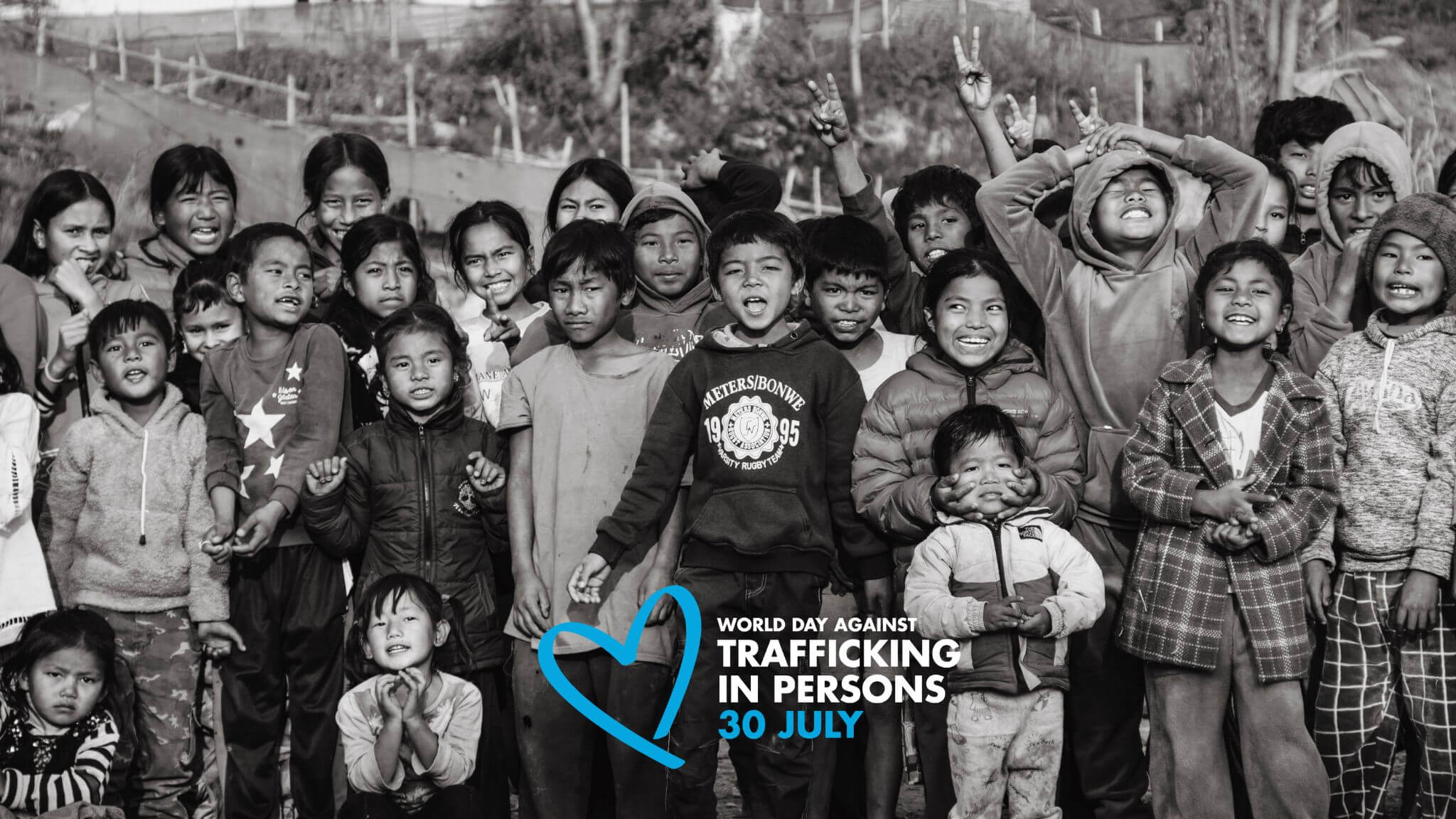




Post a comment